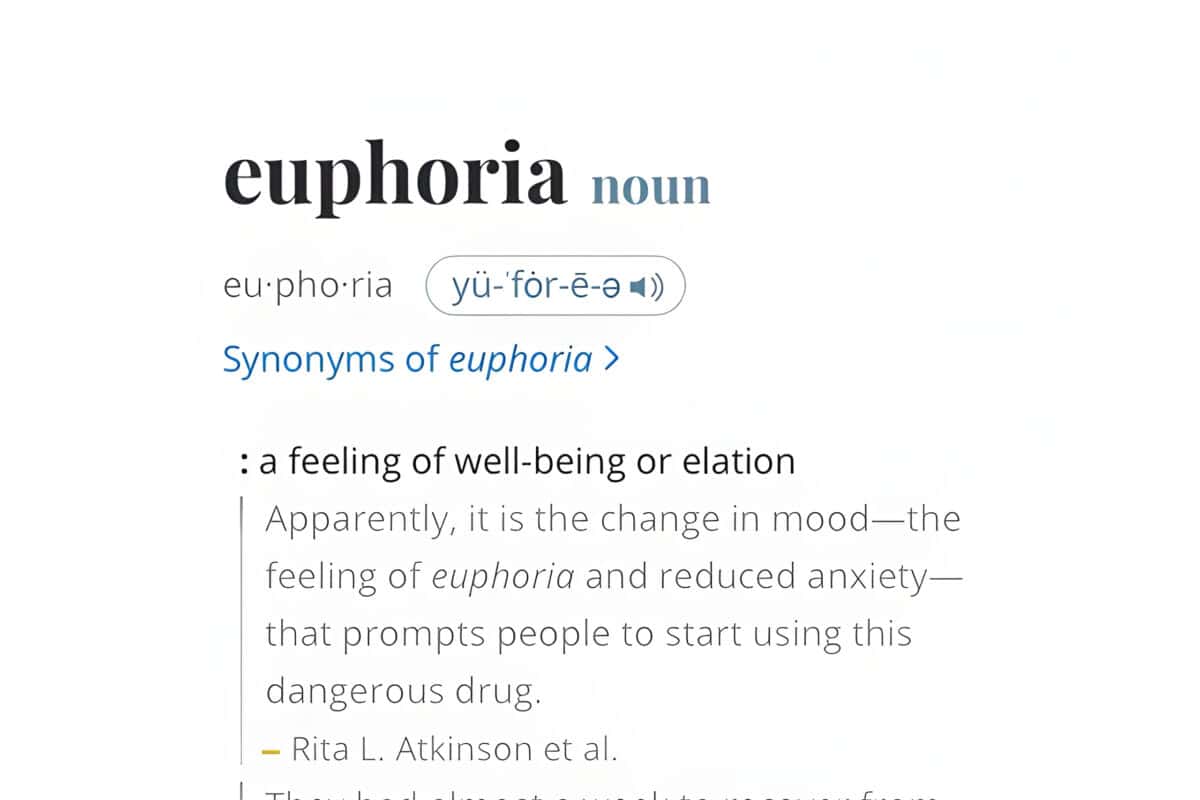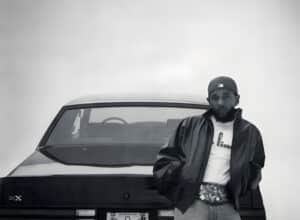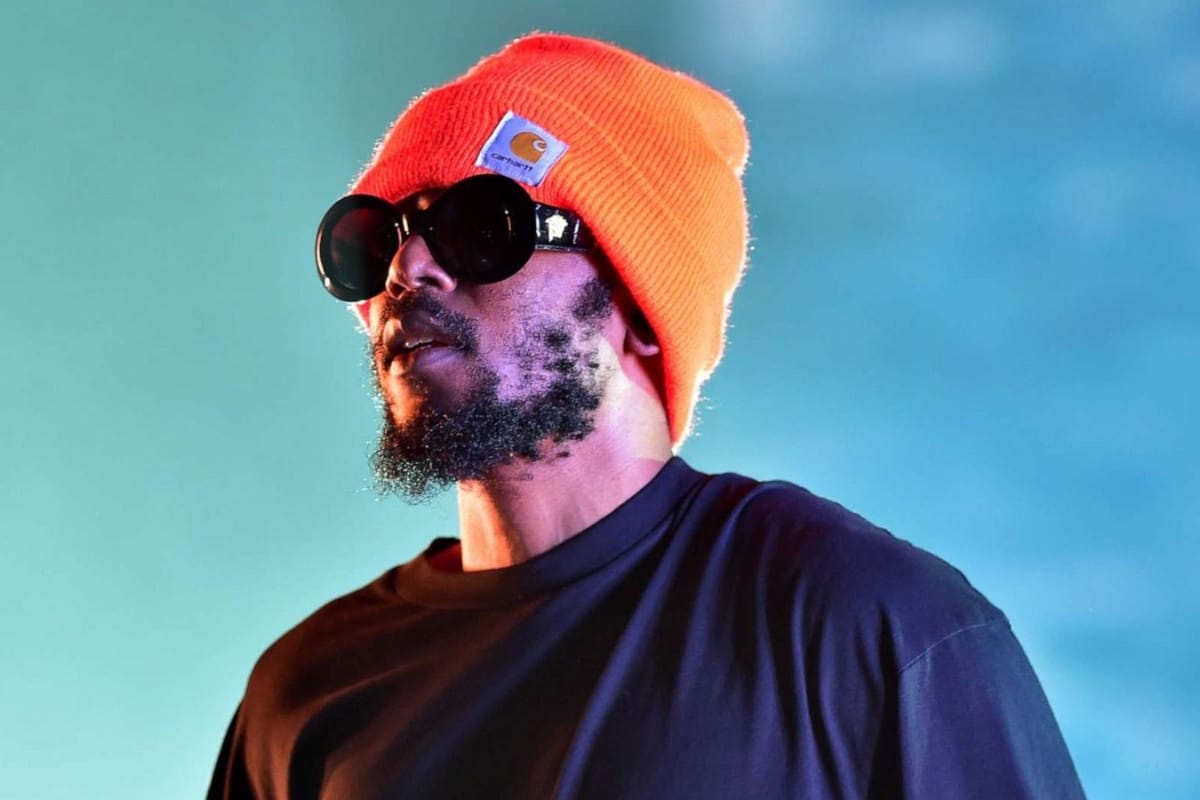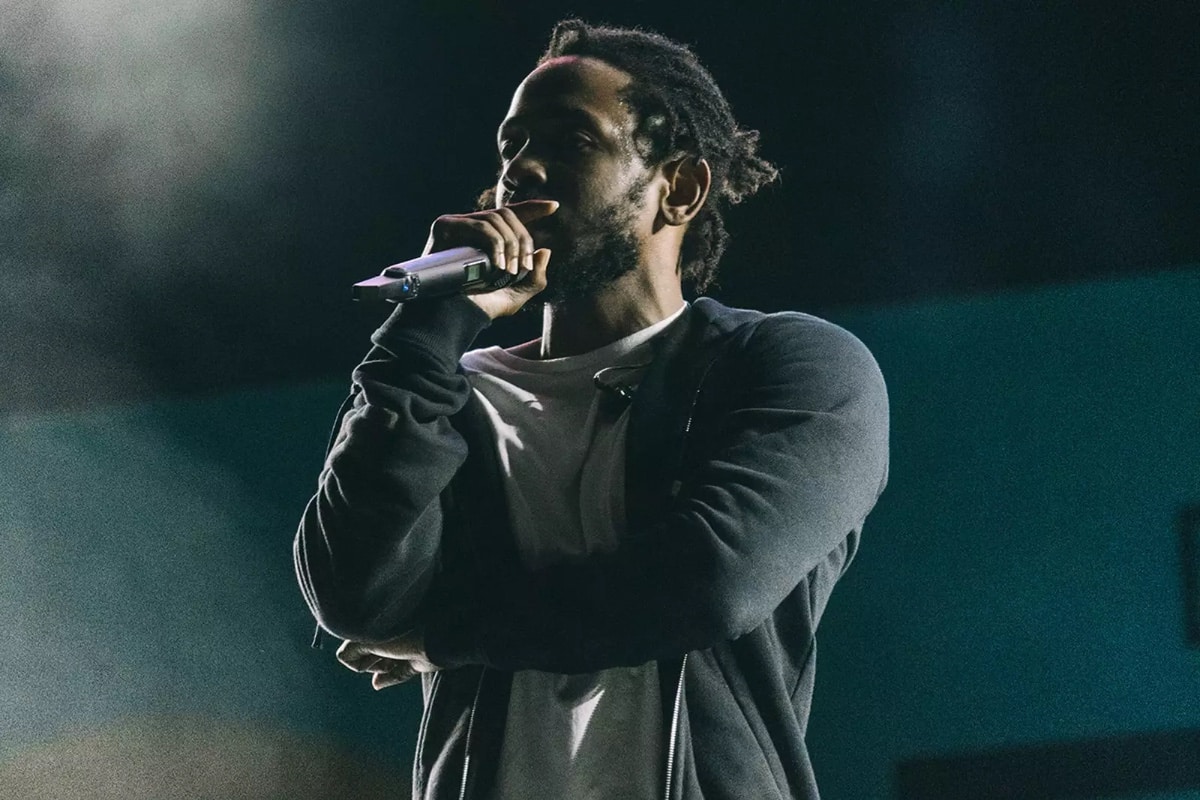Released: 2024
Kendrick Lamar’s “Euphoria” is a powerful track that dives deep into themes of betrayal, manipulation, and the complexities of fame. Lamar expresses his frustration with those who fake their authenticity and the destructive nature of the music industry. He mixes personal anecdotes with sharp criticism of other artists, showcasing his lyrical prowess and emotional intensity.
In the first verse, Kendrick kicks things off by calling out a famous actor who has fallen from grace. He’s watching them spiral out of control, highlighting how their ‘superpowers’ or talents are being neutralized. The line about being a ‘scam artist’ hits hard—Kendrick is saying that some folks in the game are just pretending to be real. When he contrasts his electrifying music with those who just pacify listeners, it shows his confidence in his artistry.
Moving to the chorus, Kendrick reflects on being in a remote place, away from the drama. He mentions reaping what he sows, which means he’s living with the consequences of his actions. The mention of having money at home shows that he’s grounded despite his fame. Kendrick’s realness shines as he dismisses the notion that wealth or fame can shield someone from their past or from reality.
In the next verse, Kendrick touches on the harsh truths of street life. He questions why some rappers glorify violence, only to play the victim online. He’s pointing out the hypocrisy in the industry where some claim to be tough but don’t back it up. This is real talk; he’s learned from his own mistakes and is reflecting on his growth.
Kendrick’s disdain for the ‘fake’ continues as he mentions the dynamics of friendship and competition in the industry. He calls out those who seek fame and how that can change relationships. His respect for legends like Cole and Aubrey shows that while he’s competitive, he still acknowledges the greats. He’s proud, but there’s a vulnerability in wondering if they’re truly his friends.
The last part of the song ramps up the tension. Kendrick speaks about industry politics, calling out others directly and making it clear he’s not afraid to confront anyone. He challenges the fakers, expressing how he hates the way they walk, talk, and dress, emphasizing that authenticity is key in hip-hop. The repeated phrase about not wanting to hear certain words anymore speaks to a desire for growth and change within the culture. Overall, “Euphoria” is a blend of introspection and raw critique, making it a standout track in Kendrick’s discography.








